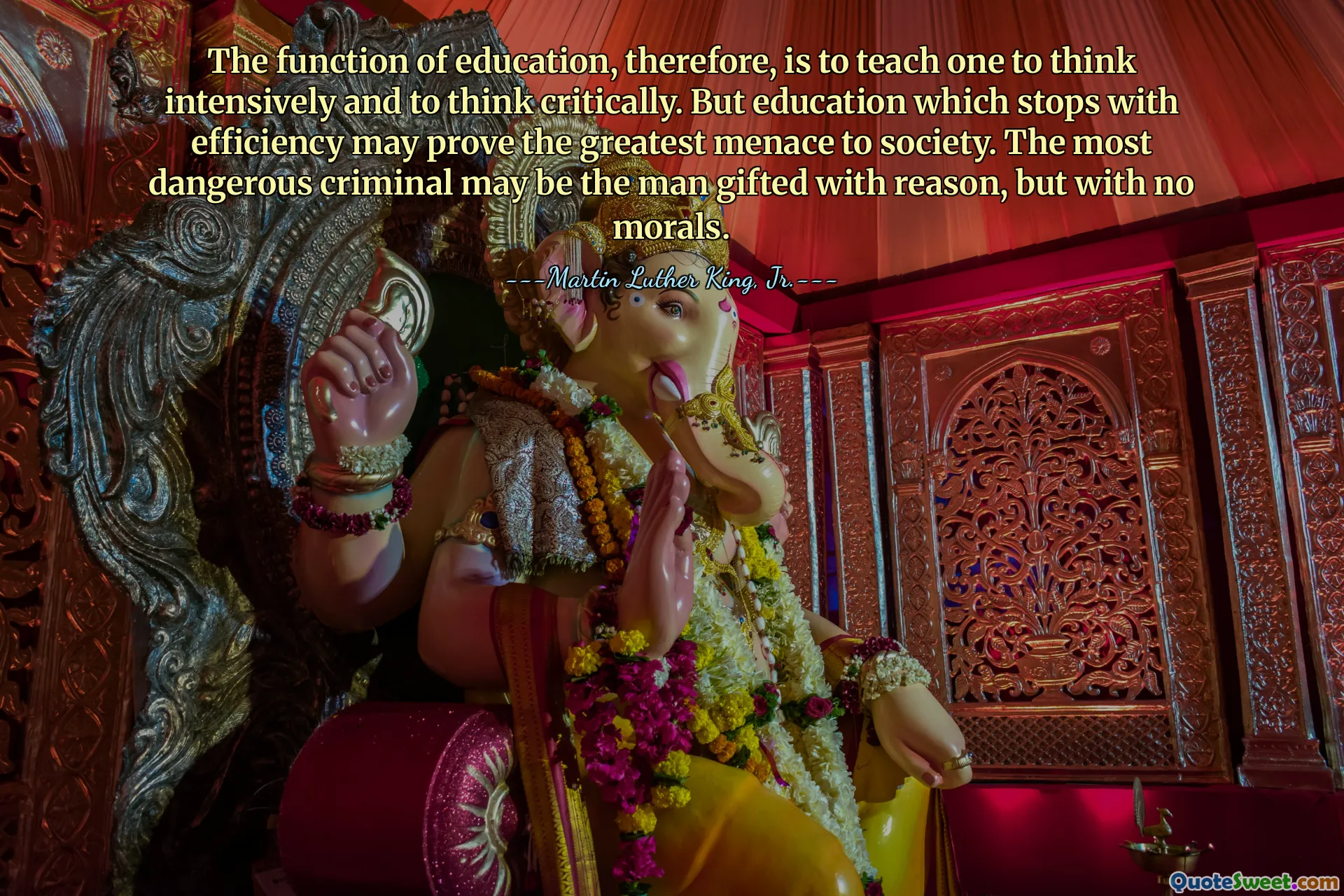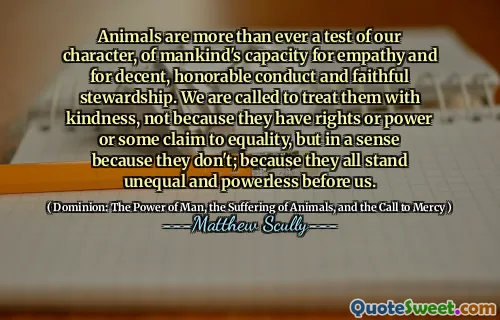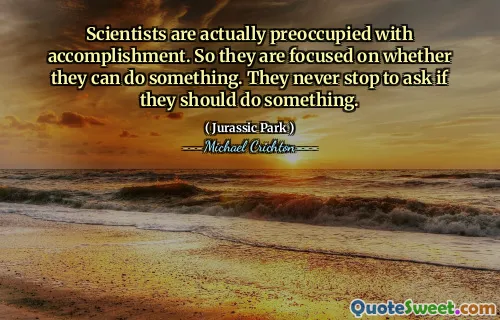
The function of education, therefore, is to teach one to think intensively and to think critically. But education which stops with efficiency may prove the greatest menace to society. The most dangerous criminal may be the man gifted with reason, but with no morals.
This quote by Martin Luther King, Jr. presents a profound perspective on the purpose and limitations of education. It reminds us that the true essence of learning goes beyond acquiring knowledge or becoming efficient at tasks; it is fundamentally about cultivating the ability to think deeply and critically. However, King's insight highlights a stark warning: when education focuses solely on efficiency and practical skills without the guidance of moral understanding, it could become a threat rather than a benefit to society.
The critical combination Martin Luther King underscores is that of reason intertwined with ethics. Reason alone, detached from moral judgment, has the potential to be wielded for harmful purposes. This is a crucial reminder in today’s fast-paced and technology-driven world, where the drive for efficiency and innovation often overshadows ethical considerations. The quote serves as a call to educators, students, and society as a whole to recognize that the cultivation of morality must go hand in hand with intellectual development. Education should not merely prepare individuals to excel professionally but should also nurture their inner compass, empathy, and sense of justice.
Ultimately, this reflection challenges the conventional view of success as a byproduct of competency alone. Instead, King advocates for a holistic approach to education that balances the sharpness of the mind with the goodness of the heart. Without this balance, intelligence risks becoming a weapon rather than a tool for progress. Thus, this quote remains deeply relevant and thought-provoking, reminding us to strive for an education system that shapes not only skilled thinkers but also ethical leaders.







